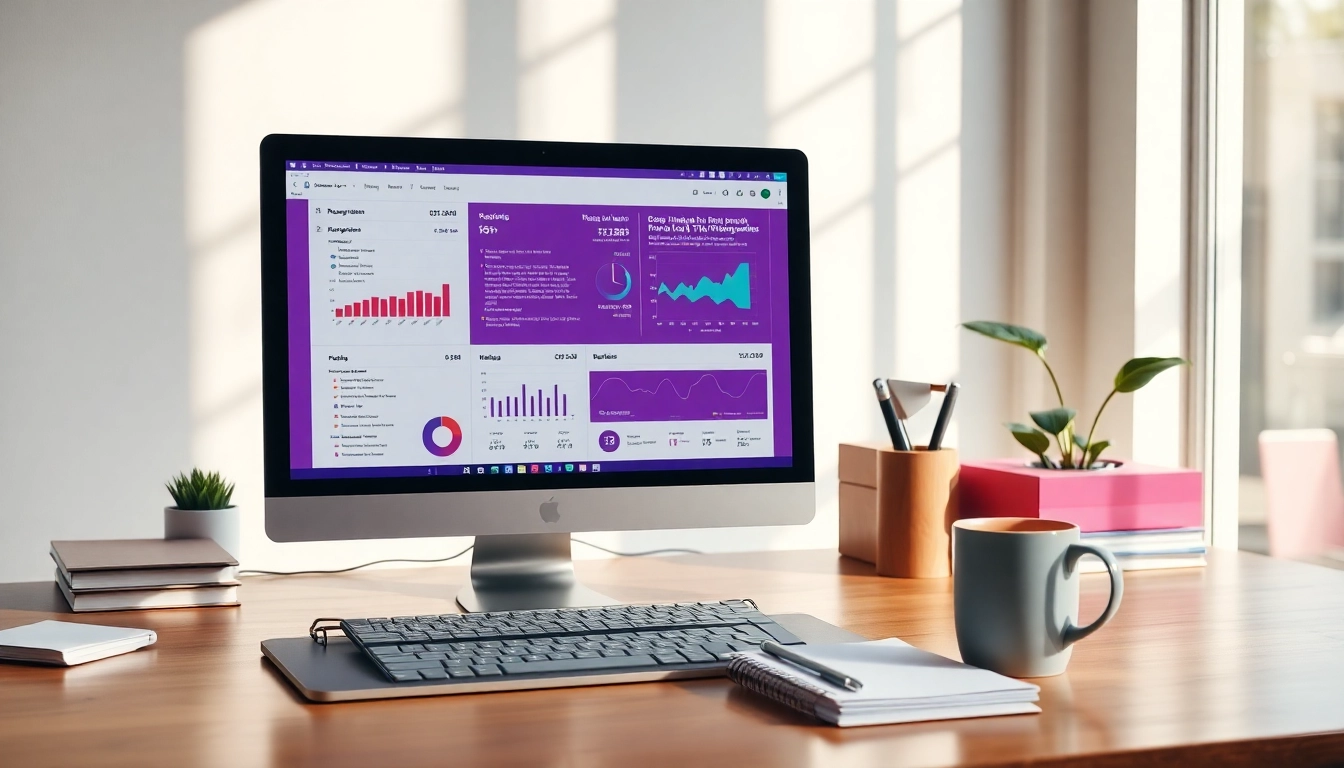Understanding the Level 5 Diploma in Leadership and Management for Residential Childcare
The Level 5 Diploma in Leadership and Management for Residential Childcare is a crucial qualification for individuals aspiring to advance their careers in childcare management. It equips professionals with the necessary skills and knowledge to oversee care services effectively, ensuring the well-being of children in residential settings. As the landscape of childcare continues to evolve, particularly in the realm of regulations and best practices, understanding this diploma is more important than ever. This guide delves into the various components of the diploma, offering practical insights and answers pertinent to aspiring candidates.
What is the Level 5 Diploma?
The Level 5 Diploma in Leadership and Management for Residential Childcare is designed for individuals who are responsible for managing and leading staff in residential childcare settings. This qualification encompasses key areas involving strategic leadership, effective communication, and the essential skills necessary for driving the overall mission and objectives of childcare facilities. The curriculum typically covers theory and practical applications, ensuring that graduates are well-prepared for the challenges faced in the childcare sector.
Importance of Qualifications in Childcare Management
In the field of childcare, qualifications play a significant role in establishing credibility and expertise. The Level 5 Diploma not only enhances individual skills but also elevates organizational standards. With stricter regulations and the growing demand for high-quality childcare, having a formal qualification is essential for career progression. This diploma allows professionals to demonstrate their commitment to continuous professional development, thereby increasing their employability in a competitive market.
Target Audience and Eligibility
The primary audience for this diploma includes childcare managers, team leaders, and other professionals who seek to enhance their leadership abilities within a residential setting. Typically, applicants are expected to hold a Level 3 qualification in childcare or relevant experience in the field. This ensures that candidates possess foundational knowledge and skills, allowing them to fully engage with the more advanced topics covered in the diploma.
Key Components of the Diploma Curriculum
The curriculum for the Level 5 Diploma is structured to cover both mandatory and elective units, providing a comprehensive education tailored to the needs of childcare management.
Mandatory Units Overview
The mandatory units of the diploma often include essential topics such as leadership, safeguarding, and management of individuals and teams. Each unit is designed to provide the knowledge necessary to operate effectively in a residential childcare environment. Examples of these units may include:
- Lead and Manage a Team within a Residential Childcare Setting: This unit focuses on the skills required to inspire and manage staff, fostering an environment conducive to effective teamwork.
- Safeguarding and Protection of Children and Young People: Critical for ensuring the safety and welfare of children, this unit covers legislation and best practices.
Elective Units and Choices
In addition to mandatory units, the diploma also offers elective units that allow candidates to tailor their education to specific interests or career goals. These might include units on supporting children’s emotional needs, promoting health and safety, or understanding the developmental needs of children and young people. Choosing the right electives can significantly enhance your expertise in areas that matter most to your career or organization.
Assessment Methods and Criteria
Assessment for the Level 5 Diploma is multifaceted, incorporating various methods to evaluate a candidate’s understanding and application of knowledge. Assessments may include:
- Written Assignments: These help in demonstrating theoretical knowledge.
- Practical Demonstrations: Candidates may be required to showcase their skills in real childcare settings.
- Portfolio of Evidence: Compiling a portfolio that reflects a candidate’s work and experiences serves to validate their competencies.
Practical Applications of Course Content
Understanding theoretical concepts is paramount, but the application of that knowledge is where real learning takes place. The Level 5 Diploma emphasizes practical application across various domains, preparing candidates for real-world challenges.
Leadership Skills in Real-World Scenarios
Graduates of the diploma are often tasked with navigating complex interpersonal dynamics and managing diverse teams. The leadership skills acquired through the diploma empower graduates to effectively lead their teams, handle conflict resolution, and foster professional relationships in a childcare setting. Graduates frequently report improved team morale and productivity as a result of these leadership techniques.
Case Studies of Effective Management
Real-world case studies are integral to the curriculum, allowing candidates to analyze successful management strategies within different childcare environments. These case studies help to bridge the gap between theory and practice, providing insights into effective problem-solving and decision-making processes. For example, examining a case where effective communication was used to resolve staff disputes can illustrate best practices in action.
Integration of Theory and Practice
The integration of theory and practice is paramount in the Level 5 Diploma. This can be achieved through work placements or projects that require candidates to apply the theoretical knowledge acquired throughout the program in practical settings, thereby reinforcing the learning experience. It allows for an immediate application of learnt skills, resulting in a deeper understanding of management principles.
Challenges Faced in Residential Childcare Management
Effective management in residential childcare settings comes with unique challenges. Understanding and addressing these challenges is an essential component of the Level 5 Diploma.
Common Issues and Solutions
Some of the prevalent challenges in childcare management include staff turnover, regulatory compliance, and the emotional complexities of childcare provision. Effective strategies that can be implemented to tackle these challenges include:
- Staff Development: Investing in professional development is vital for reducing turnover and enhancing staff satisfaction. Offering training and support can help retain skilled staff.
- Regular Audits: Conducting audits can ensure compliance with regulations, thereby enhancing organizational standards and safety measures.
The Role of Communication and Teamwork
Communication is a fundamental aspect of effective childcare management. Ensuring open lines of communication among staff and with the children is essential for creating a positive environment. Moreover, encouraging teamwork through collaborative projects or group meetings can foster a sense of community and shared purpose, further enhancing the care provided to children.
Regulatory and Compliance Considerations
Childcare providers must adhere to strict regulations set forth by governing bodies, ensuring that the welfare of children is prioritized. Understanding these regulations is a critical element of the Level 5 Diploma curriculum. Staff must be trained to remain up-to-date on changes in legislation and best practices, ensuring compliance and safeguarding children’s welfare.
Next Steps After Obtaining Your Diploma
Upon completion of the Level 5 Diploma, graduates are equipped to pursue various paths, further enhancing their careers in childcare management.
Career Opportunities and Pathways
Graduates can explore a wide array of career paths, including but not limited to:
- Residential Childcare Manager
- Team Leader in Childcare Settings
- Consultants for Child Welfare Policies
Each of these roles can lead to more advanced opportunities, including regional management positions or specialized roles focusing on child welfare or educational programming.
Continual Professional Development
Continued learning and professional development are fundamental for anyone working in this ever-evolving field. Graduates are encouraged to pursue additional training, workshops, and certifications to stay informed about new practices and methodologies in childcare management. Engaging in lifelong learning not only enhances individual capabilities but also contributes to organizational excellence.
Networking and Industry Connections
Building a network within the childcare industry can open doors to new opportunities and resources. Graduates should engage in industry events, join professional organizations, and participate in community outreach initiatives. Establishing these connections can foster collaboration and provide valuable insights into advancements in childcare practices.
For those looking to deepen their understanding and obtain expert answers related to their qualifications, exploring resources such as the level 5 diploma in leadership and management for residential childcare answers can be immensely beneficial.



